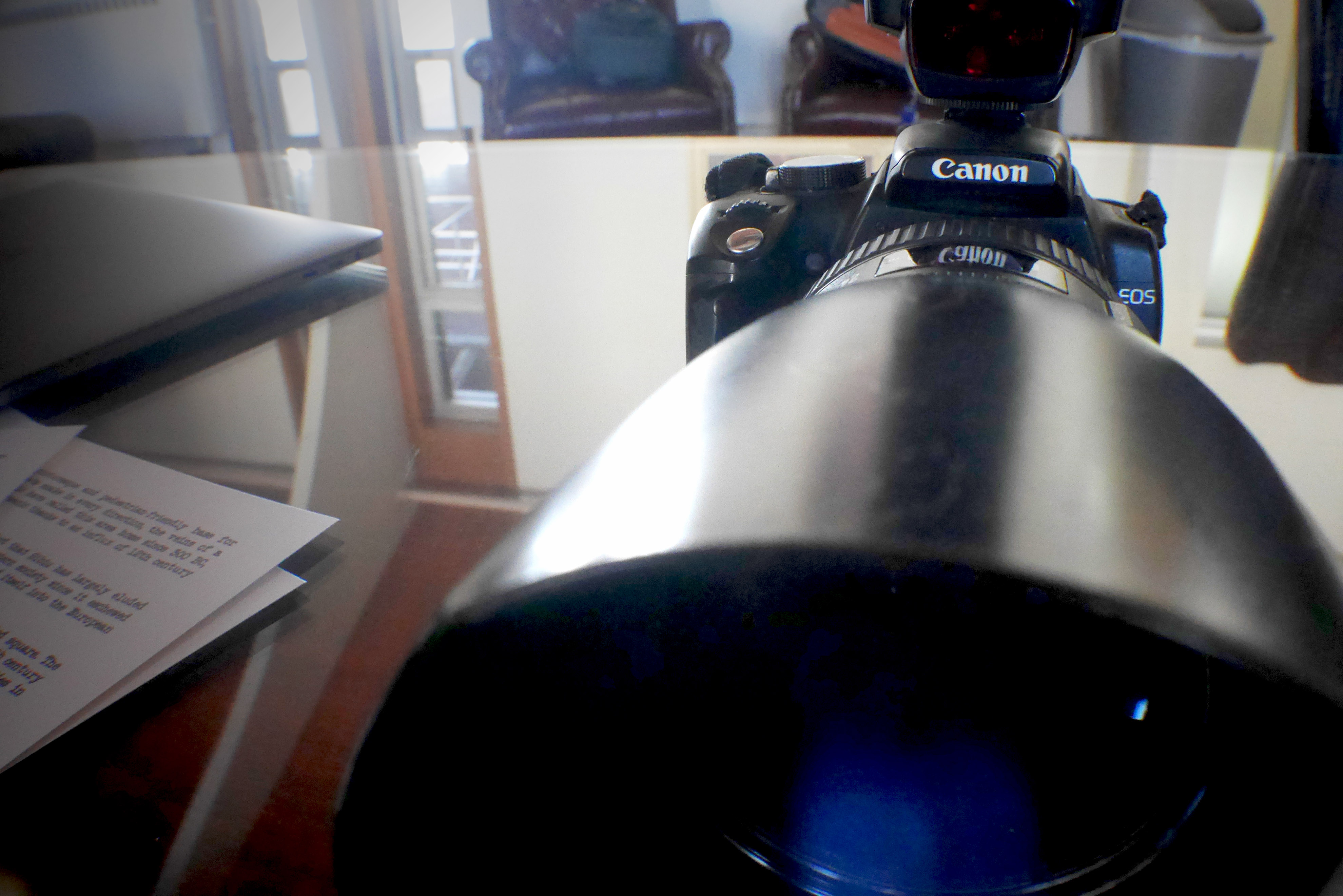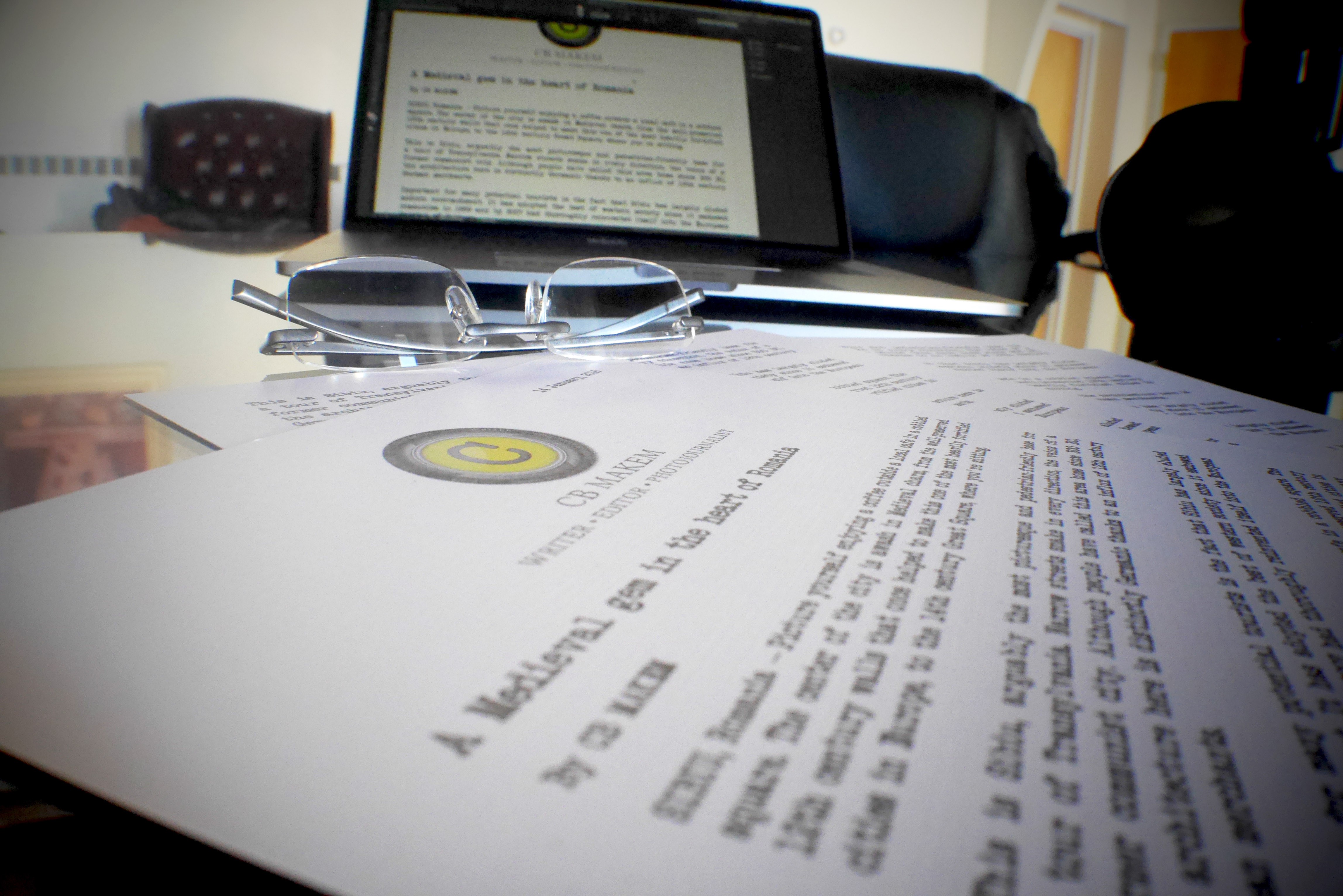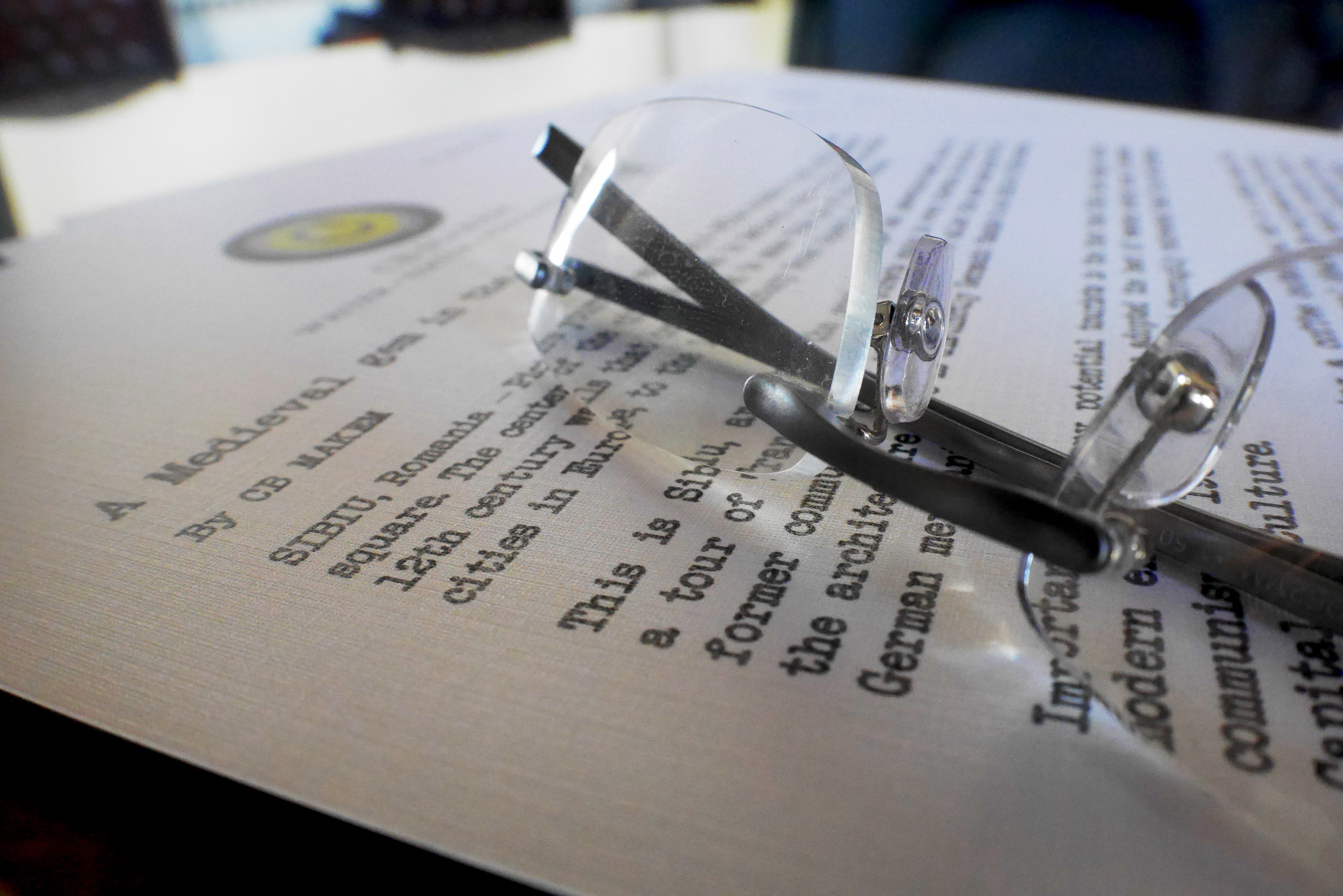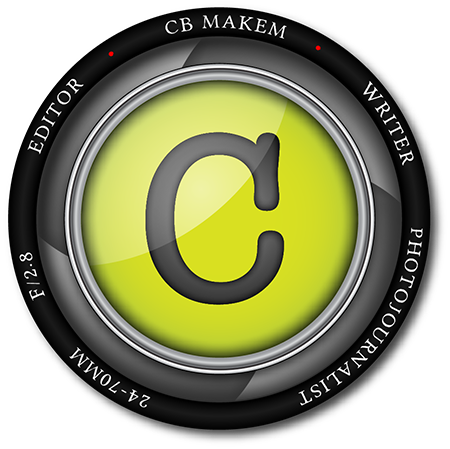A user's guide to sessions
Every once in a while, I like to refrain from my usual stream of consciousness and throw down a few words that some people might actually find useful.
And ho-ho dear reader, we’ve reached that time. If you’ve ever been intimidated by, nonplussed or generally curious about sessions, it’s time to strap the seat belts onto your eyes, because I’m about to take them for a convoluted ride down Music Boulevard.
I’ll start with the most basic. A session—which in Irish is spelled seisiún—is a group of people playing instruments and/or singing in an informal setting. As you’re reading an Irish periodical, I don’t suspect I need to go any farther here.
Next, I’ll break down sessions into two camps: instrumental and vocal. A lot of people refer to instrumental gatherings as trad sessions, a term I don’t use because it seems to indicate that singing isn’t traditional, which it most certainly is. Likewise, some singing sessions are called pub song sessions, and I’m not a fan of that as I feel it minimizes the importance of songs in Irish culture.
And before I start to get hate mail about traditional singing being limited to sean-nós, I’ll just mention that nobody in Ireland had ever heard of a bouzouki until the latter half of the twentieth century. It’s folk music. It changes. If there were guitars around in Ireland in the nineteenth century, they would have been utilized (and no, not for kindling, so stuff it).
There is also a rare form of session that combines equal amounts of both instrumental and vocal, and these are personally my favorite. These are sessions where both camps respect the other, where the rhythm instruments know how to back up the tunes and the instrumentalists can back up the songs. I’ll point out here that backing up songs is an artform to itself. Playing the tune behind the lyrics isn’t the same as complementing the song.
Unfortunately, this type of session is usually not the case. Singers tend to think of tune players as diddley-dee boring and finger-in-the-ear arrogant, and tune players can look down on folksingers as being ignorant of Irish culture and lacking musical talent. In my opinion, both are right and wrong and can blind either side to the benefit of the other.
You’re probably going to want to visit your local session before joining it to scope out the feel. Every session has its own personality. Are they more advanced players than you, and if so do they seem accepting of learners? There might be hierarchies or accepted rules. Instrumental sessions tend to be free-for-alls, where anyone in the circle starts a tune, whereas oftentimes a singing session will go around in a circle with the next person encouraged to perform. (This isn’t always the case, and if it isn’t, take a tip and don’t become a spotlight hog. It’s good to have a little while between bursts to allow for some shyer participants to perform. Just because there’s a lull doesn’t mean you’re required to fill it.)
Take note of the tunes and songs performed. There are some standards that everyone will know and some that will be more popular at your local session. You can always work on them back at home and come in more prepared when you first attend.
Introduce yourself to some of the session-goers at the end or if they’re grabbing a pint. I find they’re a lot less intimidating when you talk to them rather than watching them play with dour faces aimed at the floor. They’ll usually be honest as well about how accepting the group will be to learners. Be forewarned, there can be open hostility to a novice inserting him or herself into a session of seasoned players. Not so much for the singing sessions.
I find there are three basic levels of tune players: the novice, who is intimidated by everyone, the amateur, who is superior to everyone, and the pro, who is supportive of everyone. (This obviously isn’t always the case. There are a lot of amateurs who are enthusiastic about newbies and there are jackass pros, but these are tendencies I’ve noticed.)
Some insights for newcomers
- In general, when a song or a set of tunes ends, everyone takes a drink.
- During tune sessions, when the singer starts, the players use the opportunity to grab a pint or hit the loo. Don’t take it personally (except in some cases, do).
- A fiddle is the same thing as a violin, but generally, someone playing classical music refers to it as a violin and someone playing Irish music calls it a fiddle.
- Uilleann pipes are the complicated-looking bagpipes that are played sitting down. When you refer to them, forget the “U” at the beginning. They’re illin, like you’re chillin’. Likewise, don’t pronounce the “D” in bodhrán (the Irish drum).
- There were years where eyes would roll when someone brought a guitar into a tune session. Along with the bodhrán, it was seen as pedestrian, played by someone less than a trad musician. In my opinion, a man named John Doyle changed that, so guitars are welcome once again (insert rejoicing sounds).
- If you’re a singer, you don’t need to use all of the thirty verses ever written for a song. It’s admirable that you researched it, but it gets a bit tedious.
- Poems and stories are underutilized in sessions. I wish that would change.
- You don’t need to preface every song with its history or significance. Just sing the song. It should usually speak for itself.
- Lulls aren’t the enemy. You don’t need to jump in every time there are two consecutive seconds without music. Give someone else a chance.
- Sessions are often the best when they’re not too planned.
- Hosting a session at your home? The higher the player to listener ratio, the better. A party that includes a session is not a session. It’s a performance.
- Check out the internet for common tunes and songs. There are a lot of them. Also, get the flavor of the session. Some might include old Americana music or bluegrass. Some might welcome music that doesn’t fit the mold, but some won’t.
- And finally, for the love of all that is holy, it’s music. It’s supposed to be enjoyable. Those with an attitude are wrong. Those trying to enjoy music are right. Anyway, that’s just my opinion.
No posts have been published yet.










